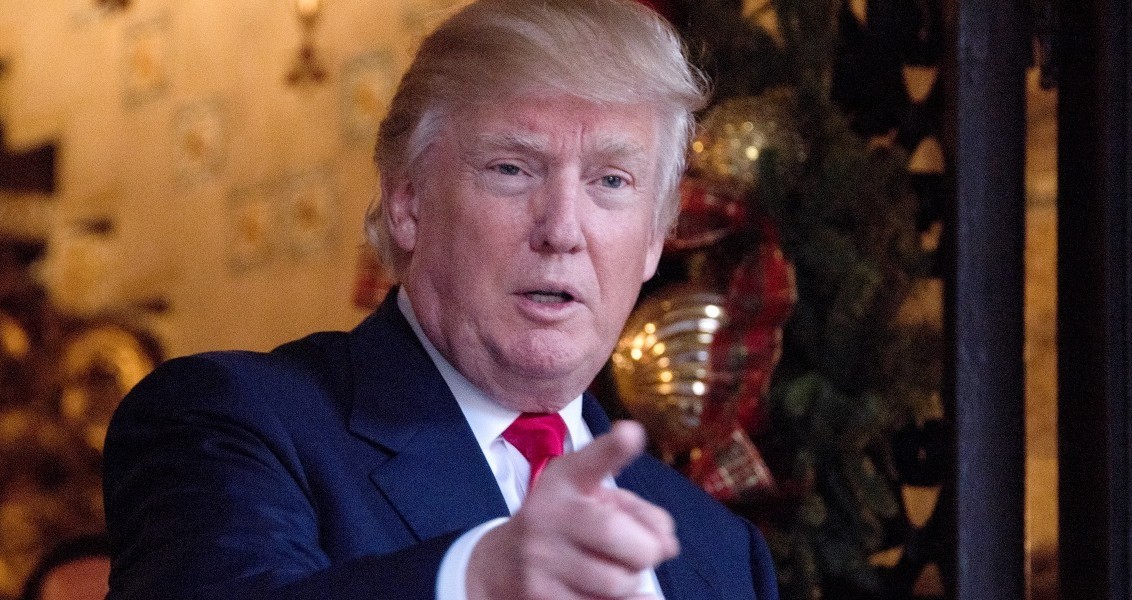Just two weeks are left before the inauguration of a new administration in Washington D.C. However, in most issue areas there are still mixed signals in terms of policy proposals. It is true that most of the policy circles were expecting an election victory for Hillary Clinton and proposed policy recommendations in accordance with this administration but, considering the urgency of several problem areas concerning defense and foreign policy, it would be important for the new administration to start its own policies as soon as possible.
In several areas, such as relations with Russia, this debate has already started demonstrating the existence of different dynamics that will influence U.S. policy toward not only Russia, but also many other areas in the coming months and years. There are definitely different dynamics that will be in play during this process. First of all, what kind of America does the new administration want? What should the role of the U.S. be in the international system? Through this role, how much should the U.S. administration be involved in the conflicts in different parts of the world? During the Obama administration concepts such as “retrenchment” were frequently offered in order to explain the nuance that his administration was trying to make in regards to the role of U.S. around the world. It involved the recognition of the domestic limitations and external challengers as well as recalibrating foreign-policy goals in accordance to this new reality. Although the campaign of President-elect Donald Trump had been centered on the slogan of “Making America Great Again,” it is not clear what he means by “great.” Does it entail being the “greatest” in the world? What will be the implications of this “greatness” in the international system? Is the period of “light footprint” over? Or is he going to be more selective? Other than the campaign rhetoric and some tweets, not much has been offered by the President-elect so far on this issue. Considering the “intermestic” nature of many issues, he will probably soon discover that, in most cases, it will be hard to disentangle the problems that he needs to confront.Secondly, there may be significant differences between the White House and Congress in regards to several issues. And just like in previous instances, if Congress believes that the administration is following problematic policies, it may try to be more involved in the process of foreign-policy making in the coming months. Especially in regards to the Russian interference in the U.S. elections, we have periodically been seeing conflicting approaches from the president-elect and the Republican majority in the Senate. While the President-elect does not find the allegations very credible, some Republican members of the Senate seems very convinced by the reports from different intelligence agencies. This situation might also present itself in the case of a more “hawkish” policy from the Trump administration in regards to Taiwan in the coming months. In the case of an emergence of a significant fault lines between Congress and the White House in regards to different foreign-policy priorities, we may even see a redefinition of the executive-legislative relation on foreign-policy issues.
In a more specific way, the new administration may also face the impact of significant competition among different agencies within the government. The reported differences among various institutions of the government during the Obama administration may constitute different problems for the Trump administration as well. On one hand, it has been reported that there are significant differences of opinions on how to handle issues such as Syria among the institutions. On the other hand, the “trust” issue concerning the incoming administration to the U.S. federal institutions, such as the intelligence community, may generate significant bureaucratic problems for the smooth functioning and adoption of proposed changes in policies.
Of course, the personalities of the new appointments for key positions in foreign and defense policy also play an important role. The members of the Cabinet will have different backgrounds and varying policy priorities. A CEO from a major oil company with no government experience, a general with views on some issue areas that differ from the president-elect and the former head of a defense-intelligence agency with very heavy emphasis on Iran, all under the leadership of Trump will negotiate different policy priorities and different ways to handle multiple crises.
Of course, the reaction of other major actors in the international system to the policy steps of the Trump administration and other types of crises may also alter the calculations that the new administration is planning to do. The Russian government and Beijing are carefully watching the steps that the new administration will take in regards to critical issues, especially in regards to the statements by Trump regarding China. The Chinese government preferred to proceed carefully when reacting to it.
All of these possible variables will demonstrate their impact in the coming months, and the “Trump foreign policy” will feel the limitations and constraints of these variables during its implementation.
[Daily Sabah, January 7, 2017]



